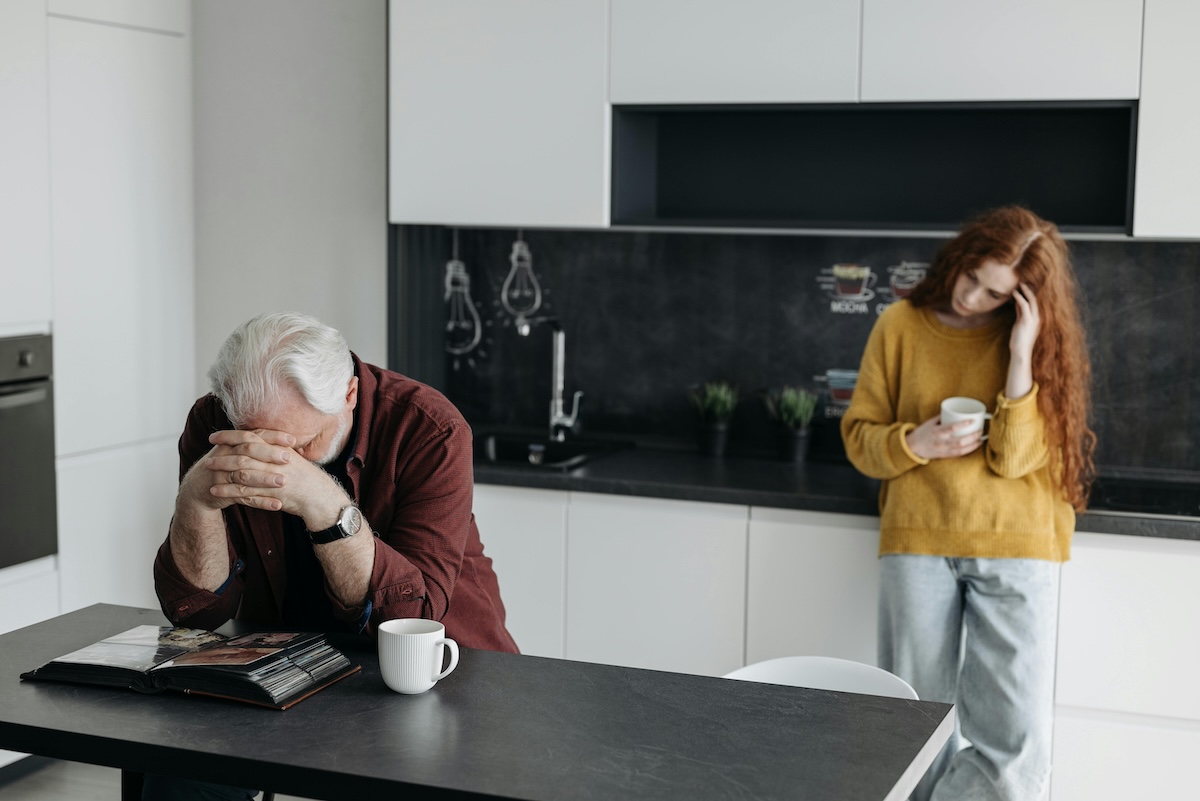

When I got sober, one of the hardest things to figure out, besides how to live without a drink, was where the hell I was supposed to live. Treatment was one thing. But when the program ended, the question hit me like a ton of bricks: Now what? That's where sober living came in. And honestly, finding the right one made all the difference.
If you're new to recovery, Aurora and the surrounding Denver metro area offer some phenomenal sober living options. I've walked this path, and I've worked with dozens of others who have too, and I want to share with you some of the best sober living in Aurora, Colorado, and how to figure out which one is right for you.
Aurora Sober Living is a place where recovery isn’t just about staying sober, it’s about building a new life. They’re all about creating a family atmosphere where people can grow and heal together. Sure, it’s serious work, but they also make sure there’s room for fun.
The program is 12-step-based, and there are expectations to show up, attend meetings, work or go to school, and help around the house. But they get that recovery is about more than just following rules. It’s about building a foundation for life, and they’re all in to help you do that.
What really stands out here is the sense of community. It’s not just a place to live, it’s a place to connect. Sports and activities are a big part of that. Whether it’s softball and volleyball or just hanging out with people who get it, it’s about staying engaged and focused.
With house managers on-site, you’ve got support whenever you need it. The focus isn’t just on sobriety, but on becoming self-sufficient, confident, and ready for the next chapter.
If you’re looking for a place where you can get serious about recovery, but also feel like you belong, Aurora Sober Living might be the right fit for you.







Defy Sober Living is doing something really important, and doing it well. It’s one of the few sober living programs that offers women in recovery a chance to live with their kids. That alone makes it incredibly special. Rebuilding your life while staying connected to your children isn’t just powerful, it’s healing on a whole different level.
The program is peer-led, which is unique but great if done right. It’s run by people who’ve lived it, people who understand what it’s like to fight for recovery and stability at the same time. That kind of leadership sets the tone: real, honest, and rooted in experience.
Residents follow a structured weekly schedule with life skills groups, peer recovery groups, and wellness planning. There’s support around parenting, budgeting, meal planning, and practical stuff that helps life feel manageable again. They also use SMART goal setting, which helps each woman create a plan that fits her life and her recovery.
What I respect most is their flexibility in approach. Whether you’re working a 12-step program, SMART Recovery, or another path, Defy supports what works for you.
This isn’t just a place to crash, it’s a space to breathe, rebuild, and do the hard but beautiful work of starting over, with your kids right there with you.




Transitions Sober Living understands that recovery isn't a one-size-fits-all journey, and they've built a program that reflects that truth.
They offer transitional housing for men ready to commit to long-term recovery. The focus is on sobriety, work, and personal accountability, all within a safe and structured environment. What stands out is their all-pathways approach. Whether you're into AA, NA, SMART Recovery, or another support group, they support your chosen path to sobriety.
Most residents come from various treatment centers across Colorado and the U.S., staying anywhere from three to twelve months. There's no maximum length of stay as long as you're in full compliance with the program. The homes are located in quiet, residential neighborhoods throughout the Denver metro area, including Aurora and Green Valley Ranch. They're well-kept, high-quality residences close to shopping, support group meetings, and public transportation.
The program includes all utilities, high-speed Wi-Fi, access to washer/dryer, multiple flat-screen smart TVs, fully equipped kitchens, comfortable memory foam beds, linens, towels, and monthly professional cleaning services. Residents are expected to be 18 or older, submit to an entry drug/alcohol screening, sign a client agreement, and be mentally and physically able to work, volunteer, or attend school. They're also MAT-friendly.
If you're looking for a sober living environment that combines structure with flexibility, and community with personal growth, Transitions Sober Living is worth checking out.





Hazelbrook Sober Living is the kind of place that gets it. It’s built around the idea that recovery isn’t just about staying clean, it’s about building a life worth staying clean for.
They offer structure, accountability, and community, three things I’ve found to be absolutely essential in early recovery. Residents are expected to work, stay active in their recovery, and contribute to the household. It’s not a free ride, and that’s a good thing. Responsibility builds confidence.
What I appreciate most is how personal it feels. This isn’t a cookie-cutter program. They meet people where they’re at, and they do it with respect. Whether someone’s fresh out of treatment or trying again after a relapse, Hazelbrook gives them the space and support to do the work.
It’s also a real community. People show up for each other, lean on each other, and hold each other accountable. That kind of connection changes lives.
If you’re looking for a sober living that’s serious about recovery and grounded in real-world support, Hazelbrook is worth a look.
The Promises isn’t just another sober house. It was built by people who’ve been there, people who know exactly what it’s like to be on the other side of addiction and make the hard decision to do life differently. You can feel that lived experience in the way they operate—with heart, with structure, and with real accountability.
Since opening in 2021, The Promises has become a safe landing place for folks looking to reset their lives. It’s certified by the Colorado Agency for Recovery Residences (CARR), and it’s run by people who actually care, not just about your sobriety, but about your life beyond it.
If you or someone you love is looking for a sober living that’s rooted in both structure and compassion, take a serious look at The Promises. This is the kind of place that helps people not just stay sober, but grow.
Em’s House was founded in memory of Em, Beckie Watson’s daughter, who passed away from an accidental overdose at just 20 years old. That kind of loss could’ve stopped everything in its tracks. But instead, it became a powerful reason to act. Beckie turned heartbreak into hope, and today, Em’s House provides safe, supportive, and affordable transitional housing for people working to rebuild their lives.
They work with folks from all walks of life: people coming out of treatment, veterans, people leaving jail, members of the LGBTQ+ community, and more. It’s not about checking boxes—it’s about giving people a real shot at stability in early recovery.
Certified by the Colorado Agency for Recovery Residences, Em’s House operates as a Level II recovery residence. That means it has structure, peer support, and accountability, without being clinical or overwhelming.
If you're looking for a sober living option that balances structure with heart, you should check them out. What Beckie and her team are doing is changing lives—one house, one person at a time.




So now that you know your options, how do you choose?
Here are some things I recommend and things I wish I had thought about when looking for my first sober living:
What are you looking for in a sober living home, and what do you need for your recovery?
You can tell a lot by walking in the door. There will be areas you may not be able to tour, like bedrooms, but you should be able to see most of the house.
Some houses are super structured. Others are more hands-off. Find one that matches the level of accountability you need.
They’ll give you the real scoop. Ask them what they like and what they don’t. These can be some good questions:
If something feels off, listen to that. If you feel welcomed, safe, and respected, that’s a great sign.
I wouldn’t be where I am today without sober living. That’s just the truth. These homes aren’t just stepping stones, they’re places of transformation. I’ve seen people walk into them broken and walk out whole. And I’ve experienced it myself.
If you’re ready to take that next step, I hope this guide helps you find a place that’s more than a bed; it’s a beginning.






















